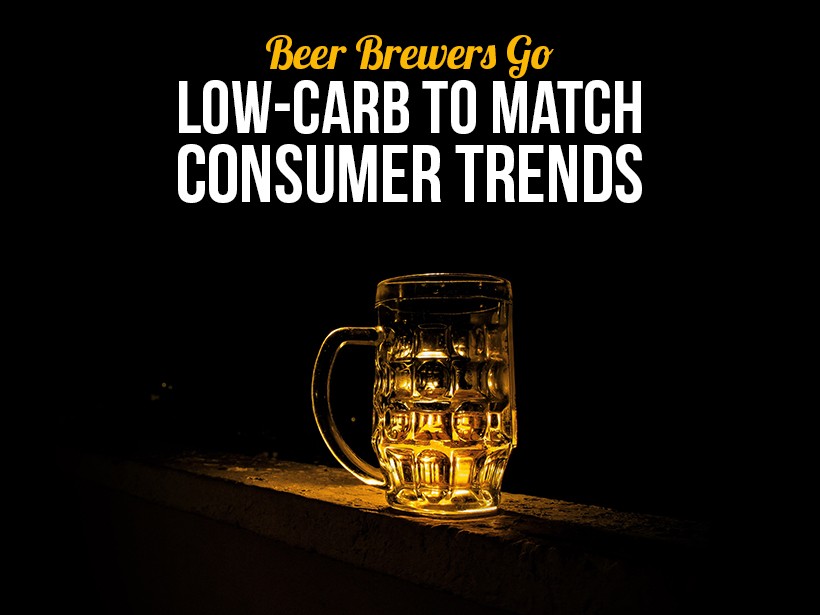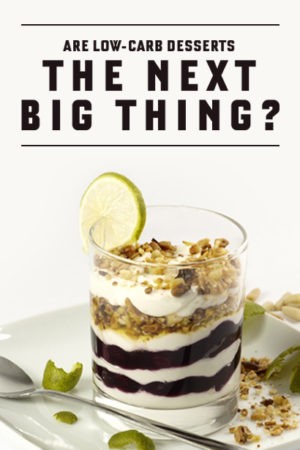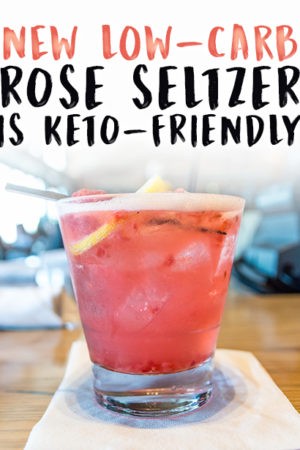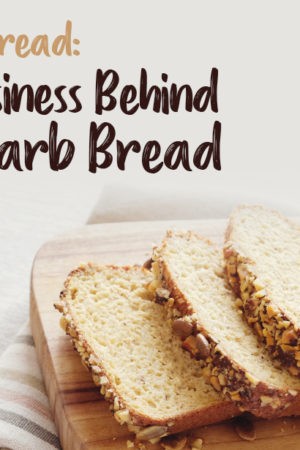Beer brewers across the country are responding to a new wave of health-conscious consumers. From Corona to Budweiser, low-carb beers are starting to grace the market.
Beer and health
When consumed in moderation, beer can provide some health benefits. Beer contains xanthohumol and related prenylflavonoids, which acts as a “broad spectrum cancer chemopreventative agent,” leading some researchers to suggest that hops may have a place in cancer prevention and treatment programs.1
Most notably, a study by the American Heart Association that followed 80,000 participants for six years found that moderate beer drinkers had the slowest decline in “good” cholesterol levels, leading to a lower risk of cardiovascular diseases.2 Interestingly, men who had suffered a heart attack were 42 percent less likely to die of heart disease if they were moderate beer drinkers.3
But despite these health benefits, a normal beer is still relatively high in carbs. On the high scale, an average beer can have between 10 – 18 grams of carbohydrates per can, which can really add up. If you’re following the ketogenic diet, your carb consumption shouldn't exceed 20 – 100 grams per day.
Liquid Bread: Beer and Carbs
While there’s nothing wrong with the occasional beer, an overindulgence can wreak havoc on your health. Heavy beer consumption – or more than 34 ounces per day – is directly correlated with weight gain, specifically in the abdominal area. Beer also increases dietary carb intake, which can lead to blood sugar spikes, digestive issues, and weight gain.
Younger, health-conscious beer drinkers
Millennials might be the most health-conscious consumers this country has ever seen. The health-conscious purchasing decisions of millennials are causing beer manufacturers to take a second look at the carb content of their beer.
Beer companies rolled out lower-calorie beers around 2001 when consumers realized the health benefits of limiting calories. Now, consumers are more educated than ever before about their carb consumption, which pushes breweries – and other food industry companies – to limit their carb content.
More than ever before, millennials view beer (and all alcohol consumption in general) as an unhealthy practice. While more and more people are following low-carb and ketogenic diets, and actively trying to reduce their consumption of beer, the beer industry has had to listen up.
Making a healthier beer
In response to consumer demand, Corona just announced the new “Corona Premier”, now with only 2.6 grams of carbs.
Michelob Ultra is jumping on the low-carb bandwagon as well. Since their start in 2002, the brand has always been the low-calorie choice for health-conscious beer drinkers. Their new brew, Michelob Ultra Pure Gold, is not only organic but has 2.5 grams of carbs. Time will tell if more breweries will jump on board with low-carb options, and that depends on whether consumer trends continue to support low-carb living.
NUTRITIONAL DISCLAIMER
The content on this website should not be taken as medical advice and you should ALWAYS consult with your doctor before starting any diet or exercise program. We provide nutritional data for our recipes as a courtesy to our readers. We use Total Keto Diet app software to calculate the nutrition and we remove fiber and sugar alcohols, like erythritol, from the total carbohydrate count to get to the net carb count, as they do not affect your blood glucose levels. You should independently calculate nutritional information on your own and not rely on our data. The website or content herein is not intended to cure, prevent, diagnose or treat any disease. This website shall not be liable for adverse reactions or any other outcome resulting from the use of recipes or recommendations on the Website or actions you take as a result. Any action you take is strictly at your own risk.
- Love Good Fats Secures Funding and Launches in the U.S. - April 5, 2019
- Food and Beverage Manufacturers Cut Sugar Quickly - August 15, 2018
- Are Low-Carb Desserts the Next Big Thing? - July 12, 2018































